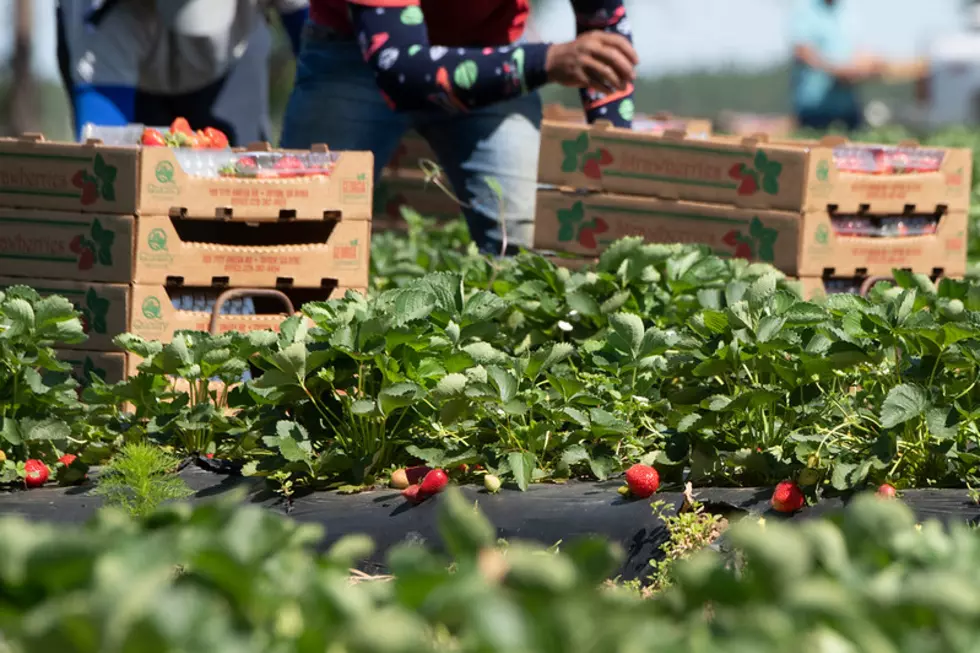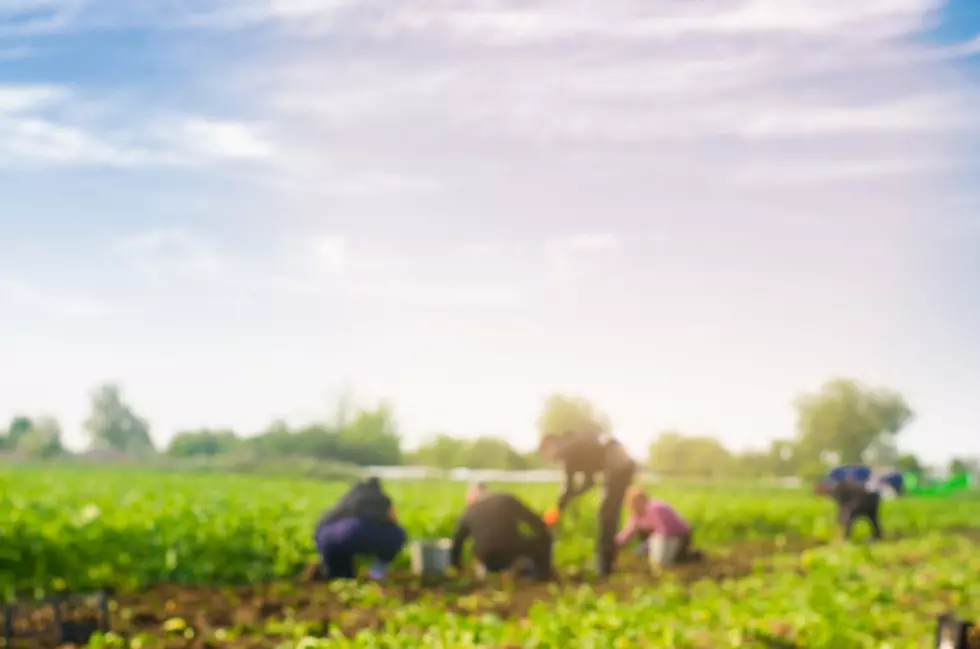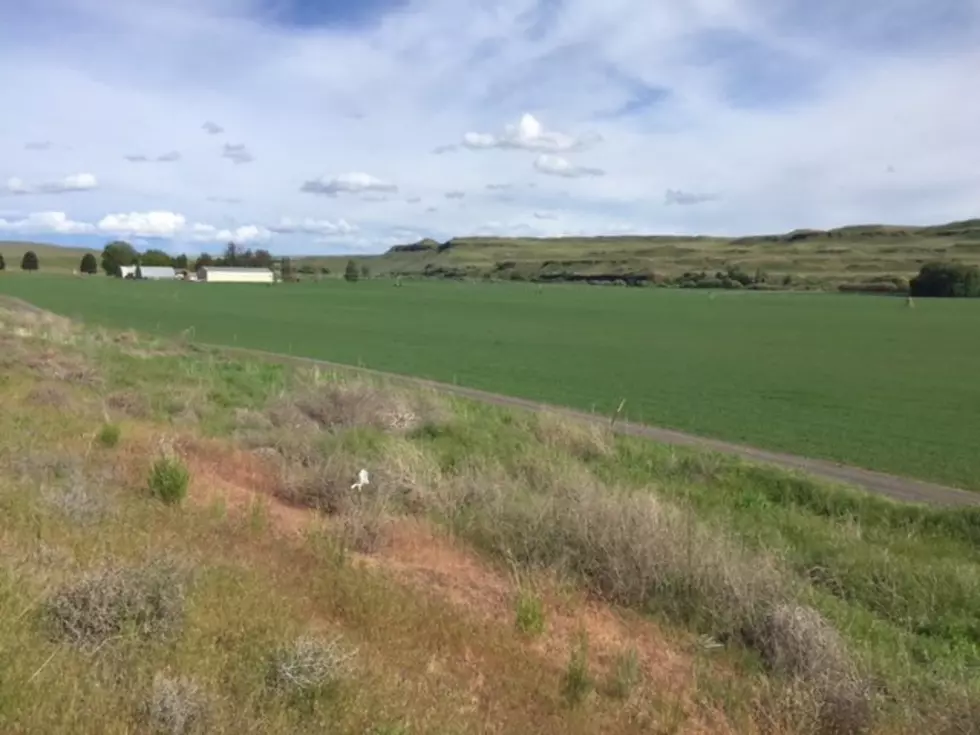
Clayton: Global G.A.P Good Program But Makes Farming More Challenging
April Clayton with the Chelan Douglas Farm Bureau says the Global G.A.P program has many strengths that benefit producers and consumers alike. The international program allows products grown in the U.S. to be sold internationally, making the commodities more attractive to suppliers. But she notes there are weaknesses making the program incredibly challenging for local producers.
She said the paper trail and redundant requests are taxing on growers, not only time wise, but fiscally as well. For example, Clayton pointed to water testing.
“Global G.A.P requires me to test my water, my irrigation water, three times a year. This is a double redundancy because the irrigation district is already testing the water, we’re already testing the water, and now Global G.A.P comes in and says you need to do it three more times. And these water tests are not cheap, they cost about $50 each time to get done, and it takes time out of my day to go collect the water.”
While that is makes the program challenging especially for smaller operations, when labor is already challenging to find, she was quick to point out there are benefits to the program. Global G.A.P she noted is more than ensuring that food safety is a priority, it also works to establish good growing practices, good soil practices, good fertilizer practices and more.
"It’s also checking employee housing, checking to make sure that we have appropriate wash facilities, within a close approximation to our employees. It also dictates what our employees can and cannot wear in the field. Our pickers that come in can’t wear jewelry, can’t have fake eye lashes, can’t have fake finger nails. So there’s a lot of procedure that has to be followed.”
Global G.A.P. is an annual certification process. To learn more, growers are encouraged to contact their Shed for information and needed paperwork.
If you have a story idea for the Washington Ag Network, call (509) 547-1618, or e-mail gvaagen@cherrycreekradio.com
More From PNW Ag Network









